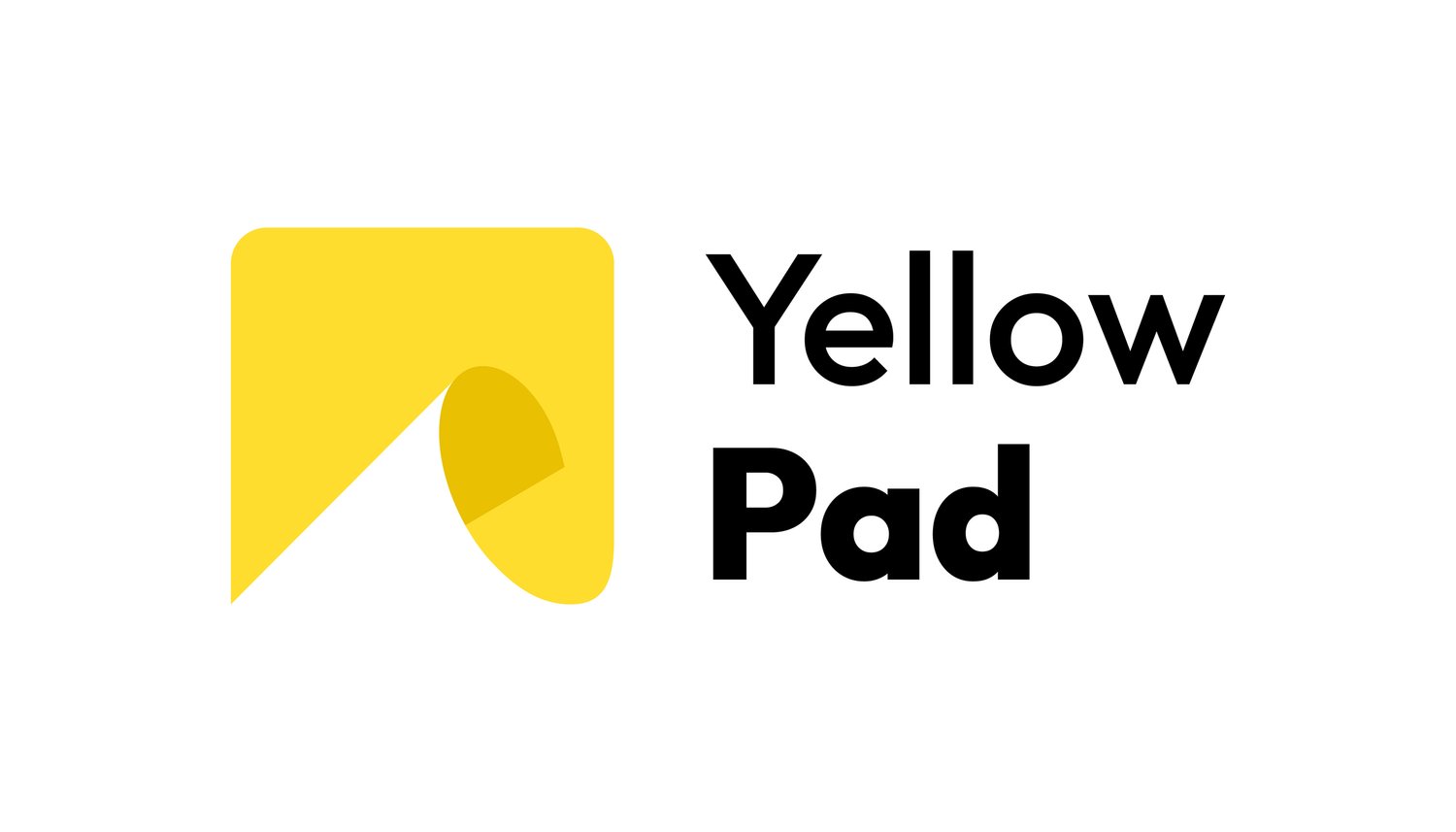Losing your taste as a Chef: Ideas to prevent knowledge loss
Photo by Karolina Grabowska from Pexels
“I was either unable to taste anything, or everything tasted like loose change. It’s the scariest thing imaginable, losing my ability to taste. If you lose your palate you stop tasting the world. It happens to me a few times a year, and now, at the end of the night, it’s already over, but while it lasts it’s like losing everything.” — René Redzepi, Chef at noma, writing about temporary palate fatigue
. . .
In 2008, Grant Achatz, Chef at Alinea, was diagnosed with stage-four cancer of the tongue. Two weeks after radiation he lost his taste, and a few months down the road it was just too painful for him to eat anything other than milkshakes. Determined to still run his restaurant and keep his creativity flowing, he teamed up with Jeff Pikus, his sous-chef and second-in-command, to invent new dishes.
Departing from a general concept, they would hold brainstorming sessions to work out the components (the specific form that an ingredient would take, for example) and Pikus would then execute the idea. Achatz could only look at, smell, and touch the result. As for the flavours, they would have to be perfected using only verbal descriptors.
Can you imagine waking up to find out that you’ve lost the single most important capacity to do your work? As someone running a one-woman-show kind of business, I frequently reflect on this question. For me, it’s my memory. The ability to make connections between disparate facts and apparently disconnected ideas coming from different fields is a key component in the kind of work that I do and it is highly dependent on my ability to recover them from whatever boxes of meaning they’ve been assigned to.
Even if you’re part of a big team and you feel that your individual work does not play such a central role in the final outcome, probably there’s something only you know about how the job gets done. Or maybe there’s someone in your team whose knowledge or experience is largely underappreciated, but losing them would actually have a big impact — sometimes it’s the only person doing accounting, or the only team member who knows how to run a specific program. What would happen if suddenly one of you was not available anymore?
An interesting idea comes from the book Designing your Work Life, by Bill Burnett and Dave Evans. They recommend that, as part of the process of quitting an organization, we should write the “Quick Reference Manual” for our jobs. This is part of a tactic designed to leave the company on good terms, by creating the conditions for our successors to quickly adapt and perform.
They suggest that the Manual should include information such as:
Regular activities and reports and their respective schedules and templates;
People that can help solve specific problems and their contact information;
Pressing issues that should be addressed head-on;
Old issues that might resurface if not checked periodically;
Standard procedures for regular taks (especially those not documented);
For leaders, a short summary of the strengths of each direct report and any pending career development projects, promotions os recognitions.
In my view, medium-to-large companies should create the conditions for these Manuals to be written, and it’s mainly for their own benefit. It strikes me that the same organizations that invest highly on attracting the best talent then do close to nothing to prevent knowledge drain.
As for employees in smaller companies (and even for independent workers), this might be a useful template and an interesting practice to implement, not just in the context of quitting, but as a continuous effort to prevent potential knowledge loss.
. . .
Sources:
https://www.chicagomag.com/Chicago-Magazine/June-2008/Burned/
A work in progress: A journal, René Redzepi
Designing your work life, Bill Burnett & Dave Evans


